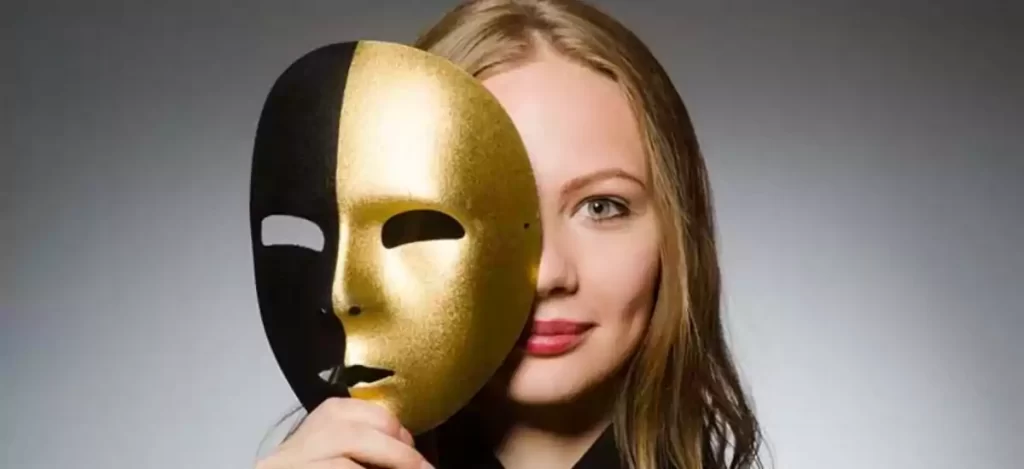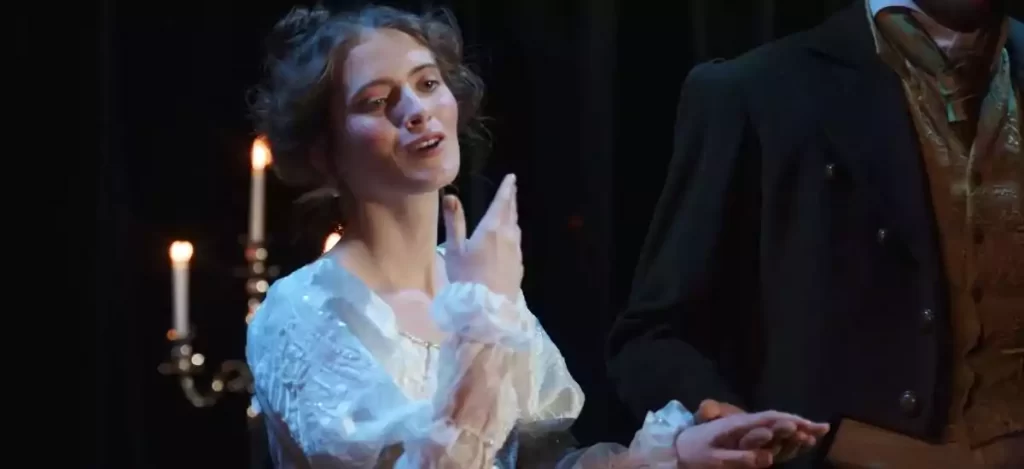When I say the word actor, the first thing that generally comes to your mind is the traditional Types Of Actors In Films we see, featured in huge posters amid bright flashes and red carpets.
However, what if I told you acting itself was a passion way before the golden age of actors’ type lists and best-dressed celebrities? Greeks explored creativity through drama, where stalk actors like the epic hero, or the chorus, or the damsel in comic relief enacted plays on open stages.
With times shifting from theaters to TV screens, we still have a classification of actors, what role each must play, whether it’s an indie short film or an upcoming blockbuster. Hence, from types of actors in theater, we went to types of actors in film, but some things remain the same, read more to know why.
The Typical Actor Types List

So, to start off, let’s look at an actors type list to really see what the basic classification a director might need to portray his movie :
- Leading Man
- Leading Lady
- Dumb Jock
- Girl Next Door
- Funny Best Friend
- Angry Old Man
- Reluctant Hero
- Hot Blonde
In every traditional movie, you can spot these typical stereotypes that are considered types of actors and their motives portrayed in the most standard form. Now, versatility in an actor really does matter. So, while the film industry promotes the quote “Anyone can act”.
There are certain ground-level markers that make not only judge your kind among the considered types of actors in film, you more perfect than the other, and they are none other than your physical features :
- Gender
- Age range
- Physicality (short, tall, thin, heavy, light, dark)
Keep in mind that while pursuing your acting career, you must simultaneously take care of your skin and overall health. Ultimately, it is you who will stand on the stage and prove to the audience or the director your worth over others, essentially selling yourself. Outward appearance has a great hand in this, so look your best while you do your best.
Types Of Actors And Their Motives
After the assessment of the actor based on these basic qualities, the director assigns you a particular role to play, out of numerous types of role in acting, wherein you are provided with a certain job title. However, you have to keep in mind the personality trait mentioned above as you portray your role.
For example, if you are a male, assigned the job title of a lawyer, and you are told to play the role of a Funny best friend, you will mark the following things
- A courtroom setting
- A witty attitude
- A casual approach , but still serious enough to pass off as a liar
- Always by the side of the hero and encouraging him
How To Find Your Type as an Actor : 4 Common Roles To Know

Now, let’s break down the most common types of actors in film that we discussed above, and then you can judge for yourself what role you can play comfortably. Remember, if you think that one of these roles is “too hard for me to play”, herein comes your skills of method acting.
Method Acting is simply your way of portraying a character, as you move to inculcate his every move, posture, and imitate his personality as you slowly identify with him. While method acting requires a lot of professional rehearsal procedures and directorial inputs, it is one way an actor outshines his contemporaries, if done correctly.
That being said, let’s figure out How To Find Your Type as an Actor by delving into what the common 4 key types of actors are:
- The All-mighty/Savior Hero– This is everyone’s favorite man, who’s the ideal employee, father, husband, best friend, and even a pet-owner. However, the thing that makes him most grounded to his audience is the one weakness that makes him vulnerable. The basic requirement for this role is one’s traditional good looks, and a great physique. Landing this role at your first go might be next to impossible due to the desirable constraints and the popularity of the role itself.
- The Mean Girl/ The Demanding Boss: We recognise this trope in our own day-to-day lives. They are generally petty, but feared by people enough to exert an influence on people. Classic example of this trope is Regina George from “Mean Girls,” the quintessential “Queen B” who lives by her popularity and attractiveness. This can also be replaced by the mysterious and angry CEO.
- Girl next door / Soccer Dad: This trope is quaintly defined by the positive traits of any human. They are generally wholesome, trustworthy, and like a guardian, approachable. Remember Zooey Descehnel from “500 Days Of Summer? The girl who matches her music taste with you and is ready to rant about your work. They can also be a soccer dad who is always up for advice, like Ted Lasso from the TV Series “Ted Lasso”.
- The Glasses-Geek: Now, the know-it-all is here to grace us with their presence. However, they will not let you know of their intelligence, because at some level they are quite humble. They ace their classes, but score weakly in the social circle. Gender is not a matter of fact here, as their personality itself can sink deeper. He is socially awkward, loves to immerse himself in books, just like Brian Ralph Johnson in the Breakfast Club.
Bonus- The Villain: While we all prefer to be the hero or the positive trait character, so our relationship with the audience is kept at par, we know how no movie is complete with the essential antagonist. He can be a charming manipulator, or a displeasing old man, or even an invincible opposition. He can also represent authority, like Agent Smith in the Matrix, or be an individual like the Joker in Dark Knight, played brilliantly by Heath Ledger.
Now, with the basics of the types of actors in film that we generally spot, already out of the way, let’s discuss the different forms of actors you see on a movie or a tv show set when you pull down the curtains and take out the technical aspect of filmmaking. There are a number of key roles to fulfill and are specific to the actor’s identity himself.
Let’s look at 4 key Types Of Actors In Films.
Background Actor
Background Actors are the add-ons or the extras that you find lurking around the setting of every scene you watch. Like a milkman from the window of the heroine or a cashier in a store where two heroes are quarreling, you can spot them in any of these roles, contributing to setting the scene.
Series regular
If we pick a particular background actor and make him appear regularly in every episode, he becomes a series regular. While not technically part of the main cast, they highlight a specific part of every episode, to keep a familiar face around the corner.
Recurring Star
These actors have a very specific role in the series/film, but their timeline might vary from having a long time span at one go. Their contribution to the plot may be important, but the focus is scattering

Guest star
Guest stars are the eye candy for hardcore fans, who appear on the show not as much as to contribute to the show, but to rile up excitement, and trigger the surprise factor for the audience. They appear in one episode, and while they have some lines that contribute to the story, they mostly work for an audience appreciation.
Faqs-
1.What does a DOP do in film?
The Director of Photography handles all the buzzwords of a camera, and manages the entire capturing, filming, and editing of the scenes you see in the movie.
2.How do I become an actor?
You become an actor only when you start to train vigorously to be one. Consider your personality, assess your own skills, and finally, get trained professionally to understand how you see yourself on a big poster 5 years from now.
3.Which type of actor should you be?
That is a question you yourself have to answer. At the end of the day, you are the examiner of your own personality, so look at this video for example, and try these exercises to identify the kind of acting that best suits you.
Conclusion
We hope this article helped you in understanding the different roles actors have to play, and what behind-the-mind directorial decisions are taken to assess the types of actors in the film that we see.

